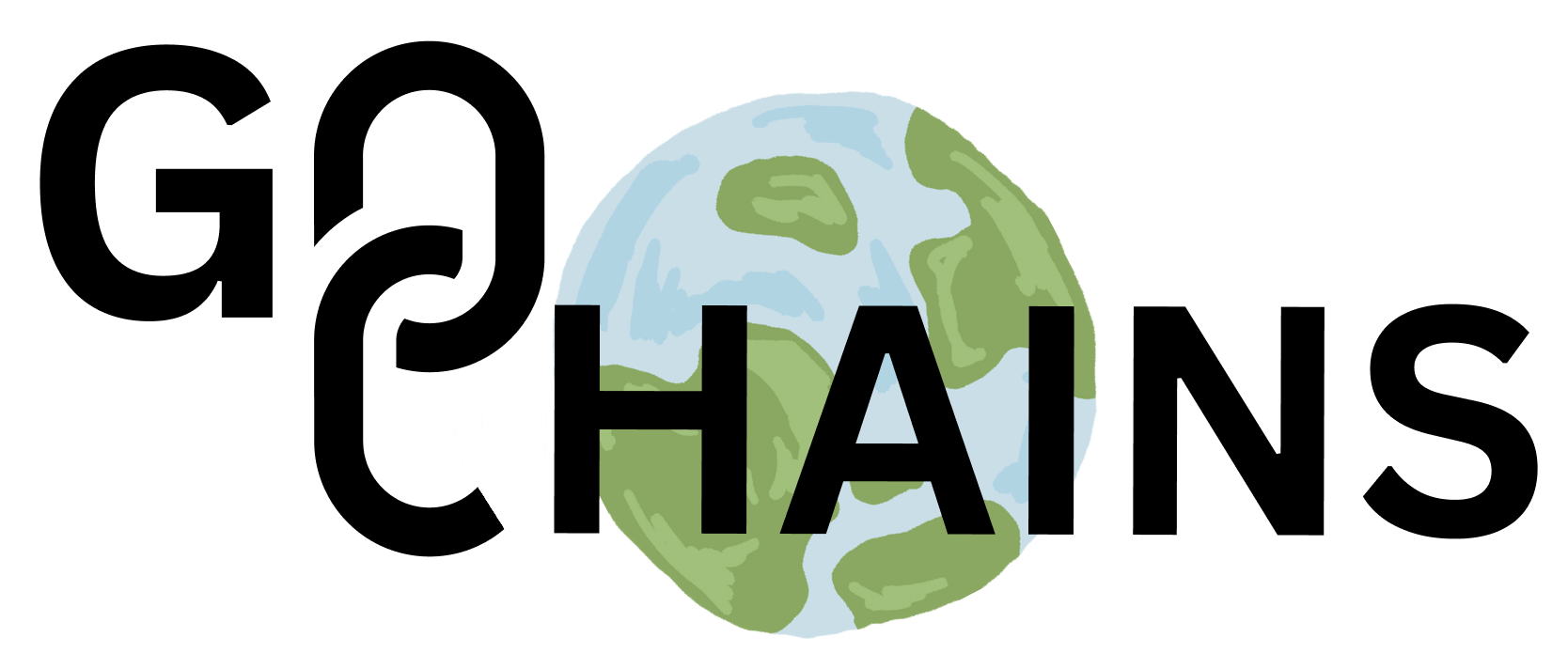
Project overview - Jelto Makris
Effects of Mandatory Supply Chain Regulations on Natural Resource Governance in Producing Countries

Project info
In my PhD project, I examine how Human Rights and Environmental Due Diligence (HREDD) laws are implemented in producing countries and what social, economic, and environmental impacts they generate. Focusing on resource-based sectors such as fisheries and agriculture in Latin America, I explore how HREDD interacts with local governance systems and market-based approaches. My research also investigates how relationships between companies, public authorities, resource users, and NGOs shape the effectiveness of value chain and natural resource governance.
The project begins with a meta-analysis of existing literature on HREDD impacts to map empirical and conceptual findings and identify knowledge gaps. Drawing on insights from environmental governance, institutional theory, political ecology, and global value chain literature, I will develop a conceptual framework to understand how HREDD laws influence socio-ecological outcomes.
Building on this foundation, I will conduct case study research in resource-based supply chains – potentially focusing on fisheries in Ecuador and Peru and/or cocoa production. These sectors are governed by overlapping regulatory frameworks, including EU regulations (e.g., CSDDD, EUDR, IUU fishing rules), voluntary sustainability standards, and national/local governance mechanisms. Fieldwork will include interviews, participant observation, document analysis, and potentially participatory system mapping.
Using a comparative lens—developed in collaboration with other network researchers – I will then analyze how institutional and contextual dynamics shape HREDD implementation and outcomes across settings. Finally, I am keen to explore how alternative governance models, such as jurisdictional approaches, may help address enforcement challenges and improve sustainability and equity for affected communities and ecosystems.
Why does this research matter?
This project goal is to show how HREDD laws affect producing countries in the Global South, where limited knowledge of local impacts risks poorly adapted, unjust or ineffective implementation.
Key Objectives
Understand how HREDD laws are implemented in practice
Assess their impact on people and ecosystems
Analyze interactions between state, market, and civil society and between private- and public governance across levels
Make voices from the Global South more visible in policy debates
Inform better policy and practice in value chain governance for companies and public authorities
